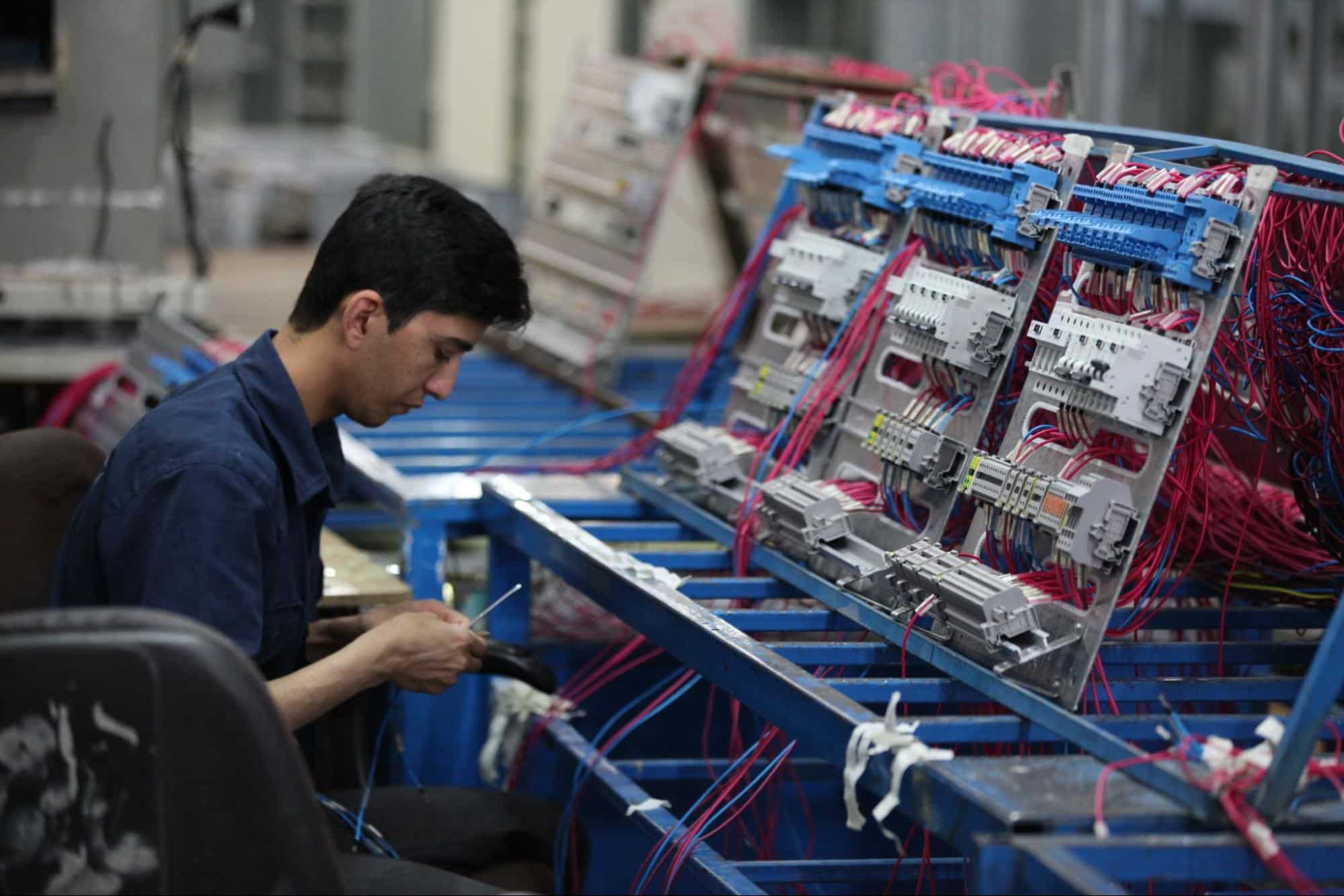
Outsourcing production to a contract manufacturer (CM) is a common business practice. Most brands would not be cost-effective if this option was not available. There have always been common pitfalls when manufacturing. However, COVID has highlighted some of these pitfalls and has made them more obvious.
Here are the most common pitfalls in manufacturing to avoid.
Placing the CM’s quote above everything else.
While selecting a CM, there are multiple steps you want to take in order to ensure you are choosing the correct supplier. The one that stands out the most is the request for quotation (RFQ) process. This is a very important step to make sure your CM is able to be cost-effective. However, don’t be fooled by the lowest price.
There are a few things to consider when comparing the prices:
- Look at the overall value of the CM. In a perfect world, you would choose the CM with the most cost-effective price paired with the greatest value.
- How does the CM provide the cost? Is it one number or is it broken down into each item? You should always receive a full BOM quote so you know exactly what you are paying for each item/part.
- Are all the specifications and requirements defined? The prices for certain types of plastics and different grades of aluminum are different. Make sure each CM is quoting the correct part with the correct specification.
Choosing the Wrong CM
Working with a CM that is not suitable for your product is most likely the number one issue brands run into. For certain products, you can easily change CM’s depending on the complexity of the product and the tooling investment that’s needed. However, the more complex the product and higher the tooling investment creates more complications with changing your CM.
Before you choose your CM, it’s important to spend time with your quality, engineering, supply chain, and other team members to make sure you are choosing the correct one.
If you run into problems with your CM, it’s best to not freak out and start searching for a new one, even though you should always have a backup CM. You need to figure out the root cause of why the relationship with your CM is failing. The most common reasons are quality problems, communication issues, unable to scale your production, they have bigger and more important clients, and more.
For that reason, search for the root cause of the problem. For example, if it’s a quality problem you have been seeing, then what’s the actual root cause? Why is the product failing? Is there anything you can do in order to help ease the problem? Such as design changes based on suggestions from your CM.
Poor Negotiations
If you are a startup, you might find negotiations difficult. More specifically, startups will not receive the same payment terms as another client who has been consistently placing PO’s and paying on time. CMs make these decisions based on historical data and the trust they have with the client. Unfortunately, a startup has very little historical data of selling a product.
However, as you grow, there are a number of areas in which you can negotiate. Even as a young startup, you can try to negotiate certain terms. Here are the most common manufacturing operations to negotiate:
- Your CM keeping a safety stock or extra inventory for unexpected increases in demand.
- Quote out different price tiers for different volumes. Find out the quantities in which you can receive a price break.
- Who owns your product’s intellectual property (IP)? This is common with tools and molds. Make sure you have ownership of these.
- Are there any consequences for late shipments? You can negotiate to receive a discounted price if they are late by x amount of days or weeks.
- Will your CM be willing to have a warranty clause?
Limited Project Management
The CMs project management (PM) team is the bridge between you and the CM. They are the ones that communicate with the engineering, quality, production, supply chain, finance, and other team members. Having a poor PM will bring complications from every process starting from new product introduction (NPI) all the way to shipments.
The inefficiencies of a CMs PM team will be highlighted during the NPI process, or design for manufacturing (DFM) stage. Your PM might be the point of contact for prototypes and engineering change requests. Without a clear understanding of the manufacturing process and the reasoning behind the engineering change requests, will leave you discouraged to proceed.
Lacking an Engineering Team
To go off of the last point. The engineering team will be a key contributor to a successful product launch. The engineering team at a CMs main purpose is to optimize your product for manufacturing. This is done through design for manufacturing (DFM) which looks at each individual part to ensure the following:
- The part can be made consistently each time
- There are no tolerance issues with other parts or final assembly
- Analyze the tooling needed to make the part.
- Will the part and final assembly pass all quality requirements (combination of engineering and quality teams)?
- Can we procure all parts within the necessary lead time (combination of supply chain and engineering teams)?
- Figure out ways to reduce scrap.
Lacking a proper engineering team will leave gaps for all of these tasks. This will result in a product that’s overpriced, can’t be made consistently, and many other issues.
How OpenBOM Can Help?
OpenBOM believes engineering, supply chain, and manufacturing teams should be able to seamlessly manage their parts, vendors, bill of materials, purchase orders, and change orders. All BOM, engineering, and manufacturing information are stored in the cloud which you can share with your team, contractors, suppliers, or anyone else that has access to your account. OpenBOM keeps everyone on the same BOM while providing you with the tools to streamline your development to production & scale up operations.
Register for FREE to create your OpenBOM account and reach out to us via support @ openbom dot com if you have any questions.
Best,
Jared Haw
Join our newsletter to receive a weekly portion of news, articles, and tips about OpenBOM and our community.










